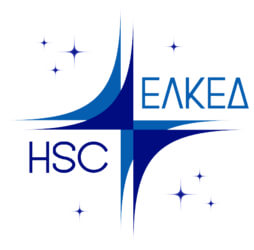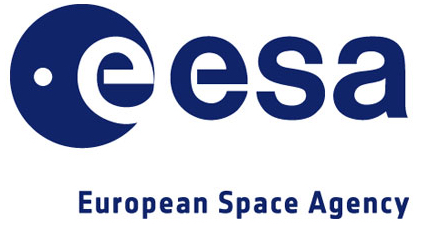Research
- Home
- Research
Research
The high-level research along with the modern educational corurses, are the two main pillars of the Department of Aerospace Science and Technology. For this purpose, the research structure of the Department is structured on the basis of research units (research units), each of them focusing on a specific scientific topic. These research units are supervised and coordinated by the administration of the Department and its Studies Committee, with the aim of developing synergies both within the Department and with academic and research bodies in Greece and abroad.
Laboratories
The research activities of the Department of Aerospace Science and Technology are foreseen to be gradually structured in the following Laboratories which will function as research units (research units).
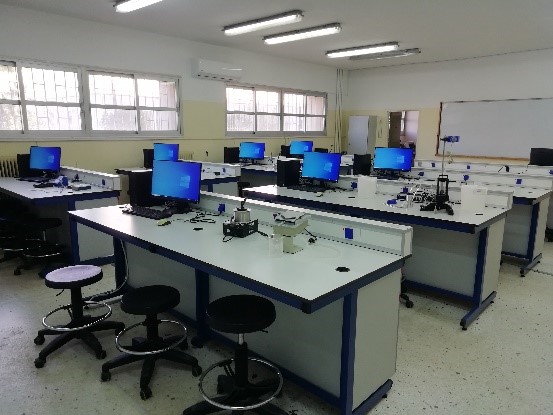
Physics Laboratory
The Laboratory of Physics supports the educational activity of AEST related to Physics (Mechanics, Electromagnetism, Waves, Optics, Heat Transfer, Thermodynamics, Fluid Dynamics, Materials, and Devices) as well as research activities of members and groups of AEST in topics of Physics. The group of Theoretical and Computational Physics aims to development of theoretical models and computational tools for kinetic and transport effects at different scales. Current research activity focuses on thermoelectric energy conversion, thermodynamics, and heat management at the nanoscale.
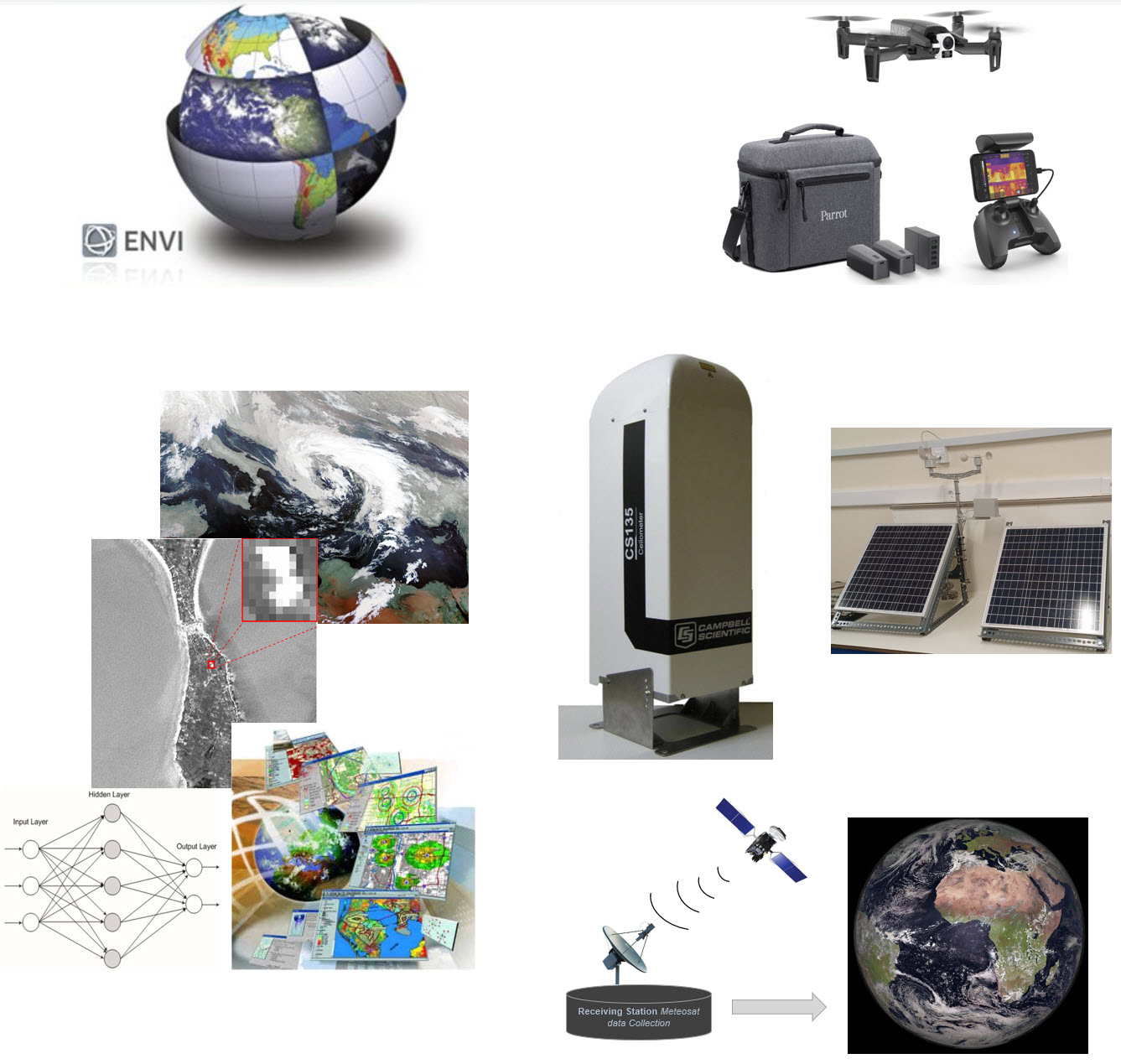
Laboratory of Remote Sensing, Digital Image Processing and Navigation
The main purpose of the Remote Sensing, and image processing laboratory (supervisor: Assistant Professor Dr. Stavros Kolios) is to meet the educational and research needs in the fields of remote sensing data processing, satellite observation of the atmosphere and the environment and the modern perspectives of the satellite navigation. The equipment of the laboratory includes modern state-of-the-art computers, specialized Remote Sensing software (ENVI), drones with VIS and IR recording capabilities, and collaborations for access to receiving stations of satellite data coming from geostationary satellites in real time. The activities of the laboratory are related to: • Advanced techniques for processing and analyzing satellite data • Design and development of integrated and automated satellite Remote Sensing applications • Combined use of satellite images and Geographic Information Systems (GIS) for the development of innovative methodologies with emphasis on the study of the terrestrial and atmospheric environment, meteorology and climate. • Satellite Remote sensing monitoring applications for assessment and prevention of environmental hazards and extreme weather events.
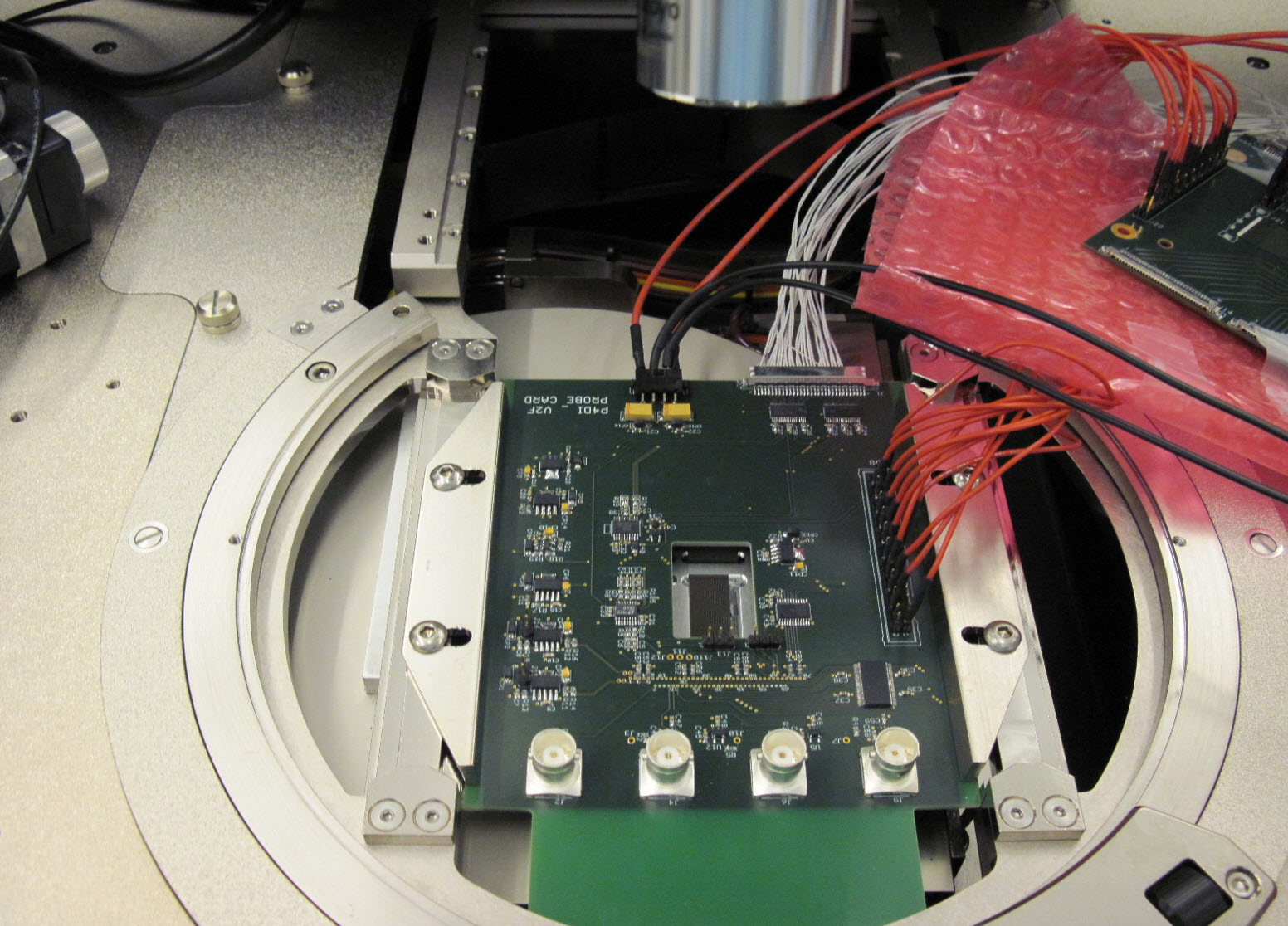
Laboratory of Circuits and Sensors
the laboratory supports the Department's courses on electronics and instrumentation. Its current research activities pertain to the development of technologies and devices for space radiation field measurements. We develop active Silicon pixel sensors, Silicon Photomultiplier and scintillator systems for time of flight measurement with ps resolution, gamma ray and neutron detectors and we simulate the interaction of radiation with matter

Aerospace Systems and Subsystems Laboratory (simulation and simulation of nanosatellites - cubesat and microsatellites, satellite tool kit, nastran / pastran, matlab)
Lorem ipsum dolor sit, amet consectetur adipisicing elit. Exercitationem accusamus reprehenderit ex nostrum. Quod repellendus earum sunt fugit nisi cupiditate maxime illum excepturi facere sit nihil, neque, animi temporibus. Perferendis!

Laboratory of Satellite and Space Missions Organology
Lorem ipsum dolor sit, amet consectetur adipisicing elit. Exercitationem accusamus reprehenderit ex nostrum. Quod repellendus earum sunt fugit nisi cupiditate maxime illum excepturi facere sit nihil, neque, animi temporibus. Perferendis!
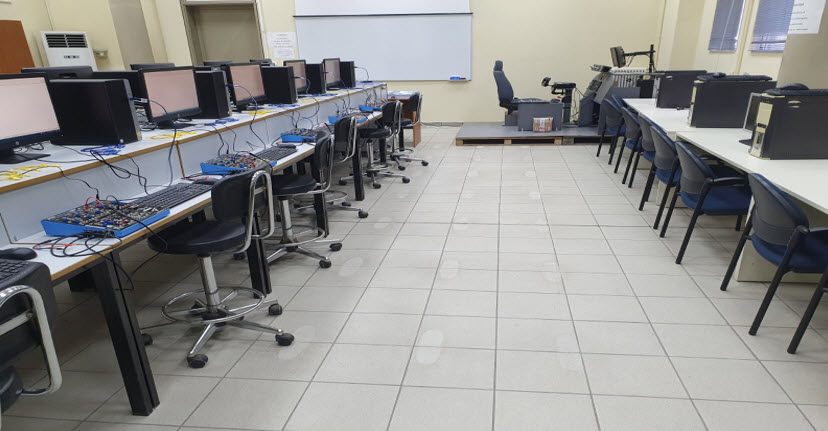
Telecommunications Systems Research Laboratory (TSRL)
The Telecommunications Systems Research Laboratory (TSRL) belongs to the Department of Aerospace Science and Technology of the National and Kapodistrian University of Athens. The main objective of TSRL is to conduct research, development and educational activities in various areas of Telecommunications Systems and as second objective is the synthesis, analysis, experimentation, and design of unmanned systems through research projects. The laboratory is equipped with digital oscilloscopes, signals generators, spectrum analyzers, communication trainer kits, digital multi-meters, antennas, power supplies, analog & digital ICs in order to provide to the students hands-on experience serves undergraduate and graduate level courses. The concepts of all type of modulation & demodulation, satellite communication systems, optical communication technologies and recent communication techniques are demonstrated using appropriate hardware and software tools. The TSRL play also a vital role in strengthening collaboration between Academia and Industry by providing research into new applications

Laboratory of Advanced Materials, Structures and Digitization
The Laboratory of Advanced Materials, Structures and Digitization aims to meet the educational and research needs of its department at all levels of education and to conduct basic and applied research in the following fields: • Analysis, design, manufacturing and maintenance of Advanced Mechanical and Aerospace Materials, Structures and Systems. • Simulation of the behaviour of engineering materials, structures and systems using computational methods (CAD/CAE/CAM, F.E.M., B.E.M., etc.), the development of corresponding software and applications of computational technology in analysis and design • Multi-scale methods in the design, analysis and manufacturing of advanced composite materials, composite structures and systems • Failure diagnosis and structural integrity monitoring of structures and systems by developing digital twins • Additive manufacturing for advanced structures, 4th industrial era applications and development of digitization technologies • Analysis and design of smart materials and structures, metamaterials, nanostructures and micro/nanoelectromechanical systems • Quantitative methods and artificial intelligence for data analysis and decision making in quality management, project management, reliability, maintenance and optimisation of advanced systems The laboratory has technical and laboratory equipment, software and all the infrastructure necessary to cover its research activities.
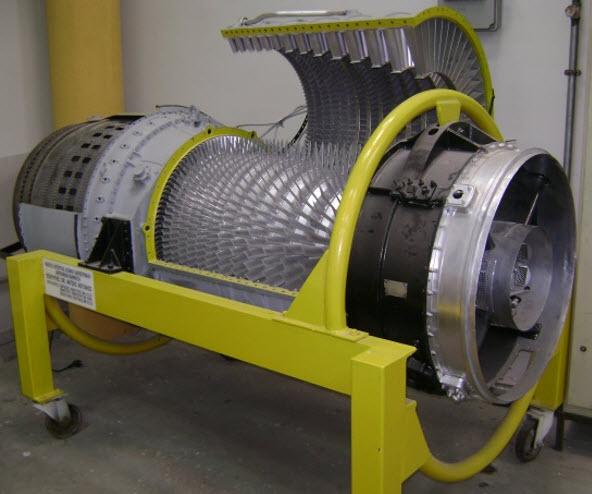
PROPULSION SYSTEMS AND AERODYNAMIC DESIGN LAB
The Laboratory of Propulsion Systems and Aerodynamic Systems deals with: (a) Aero-Thermodynamic design and performance study of propulsion systems, regarding aircraft gas turbines, ramjets, scramjets and rocket engines. (b) External Aerodynamics and aerodynamic design of aerospace vehicles, involving Fluid Mechanics with emphasis on the external aerodynamics of aircraft and spacecraft supersonic flows and shock wave – boundary layer interaction problems.
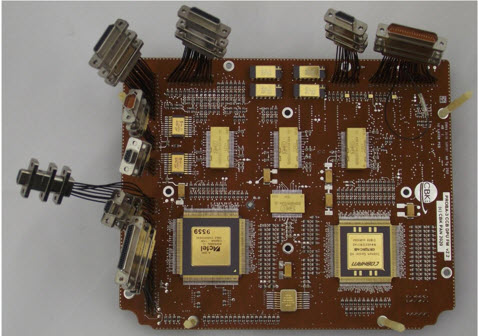
ONBOARD DATA SYSTEMS LAB
The laboratory (contact: Associate Professor Nektarios Kranitis )serves educational activities on aerospace digital systems design and research on Onboard Data Systems (payload data processing, onboard data management, microelectronics for digital applications). It develops FPGA accelerators for CCSDS algorithms achieving state-of-the-art, world-leading data-rate performance. It participates in competitive research projects from EU (H2020, EDF), GSRT and HFRI. Also, it participates in ESA institutional missions of (PROBA-3, TRUTHS) and CubeSats (ERMIS, HSD) as part of ESA Greek CubeSats In-Orbit Validation Projects. Once the building infrastructure is finished and appropriate laboratory equipment is procured, is will be able to deliver cutting-edge educational and research services in the development (design, verification, validation) of space-based digital systems, including: 25+ seats with workstations, FPGA boards (Zedboards , KCU105, ZC706), power supplies, digital multimeters, oscilloscopes and function generators, EDA CAD tools (Xilinx, Synopsys, Mentor Graphics), 2GHz Mixed Signal Oscilloscope and logic analyzer, Onboard data systems EGSE Rack (16U) with SpaceFibre, SpaceWire, CAN front-ends, modular PSUs, Terma CCS5& TSC. Hall B001A is under construction under the full supervision of the technical service.

Electromagnetics, Microwaves & Plasma Laboratory
The research activities of the "Electromagnetics, Microwaves & Plasma" laboratory (supervisor: Assistant Professor Dr. Zisis Ioannidis) focus on the propagation of electromagnetic radiation in complex microwave devices, the design and study of subsystems of high frequency and power microwave sources (Gyrotrons) for plasma heating applications through electron cyclotron resonance (ECRH) in hermonuclear fusion experiments, the development of diagnostic devices for complex measurements relevant to high-power gyrotrons, the design and development of microwave pulse compression (MPC) systems, as well as the propagation and scattering of electromagnetic waves in media with inhomogeneity and anisotropy.

Space Software Lab
The Space Software Lab (head: Christos Tsigkanos) is based on the premise that cutting-edge software engineering research is direly needed for the next generation of space applications, which are increasingly software-intensive. At the same time, software engineering research can itself benefit from exposure to such a hugely important, real-world domain, with stringent requirements and correctness needs. As such, the Space Software Lab is concerned with various aspects of engineering dependable software systems spanning their design, modelling and verification via application of formal methods. Active research interests include software verification, virtualized and edge/IoT computing infrastructures as well as self-adaptive systems.
Research programs
The research activities of the Department of Aerospace Science and Technology are foreseen to be gradually structured in the following Laboratories which will function as research units (research units).
ERMIS Hellenic Cubesat Demonstration Mission
----RRF – EU Next Generation EU
-------
Hellenic Cubesat Demonstration Mission
ERMIS


